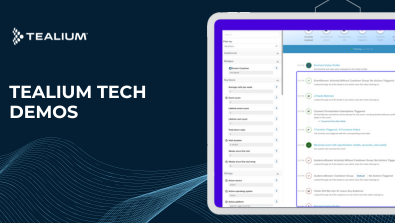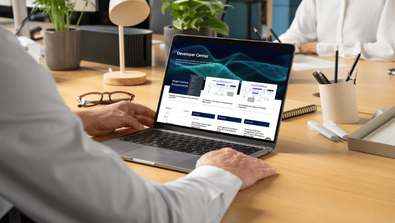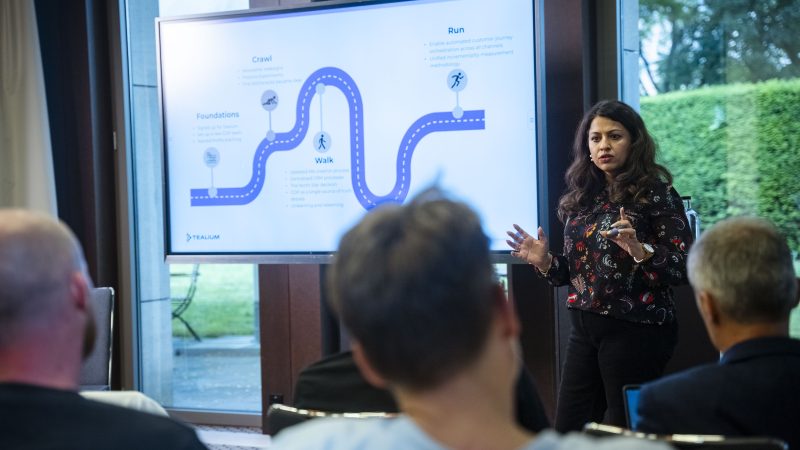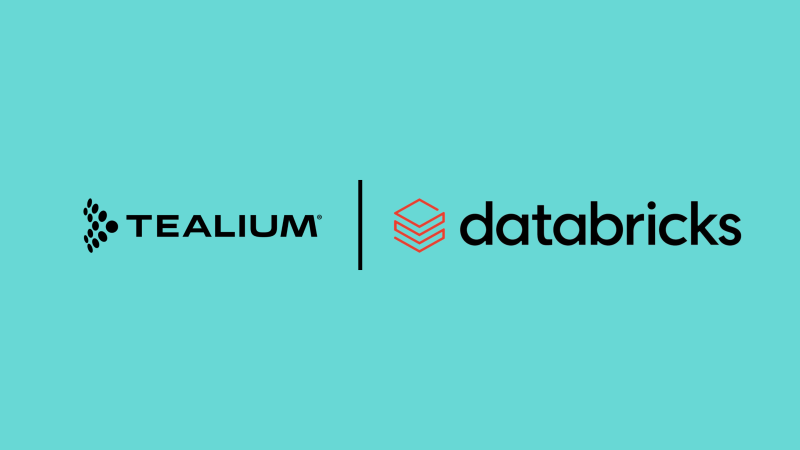In today’s business landscape, the line between B2B (business to business) and B2C (business to consumer) experiences is blurring, with B2B organizations striving to meet customer expectations on par with their B2C counterparts. This shift mirrors the transformation witnessed in other industries such as Healthcare and Financial Services, where customer experience has evolved from a mere afterthought to a critical differentiator. As B2B organizations scramble to bridge the experience gap, many are turning to first-party data solutions to pave the way.
What Is B2B Customer Experience (CX)?
The B2B (Business-to-Business) customer experience refers to the interactions and overall relationship that a business has with its corporate clients throughout the entire customer journey. This encompasses every touchpoint and interaction, from initial awareness and consideration to purchase, post-purchase support, and ongoing relationship management.
How Is B2B Customer Experience (CX) Different Than B2C?
While B2B and B2C Customer Experience have similarities, you don’t want to treat them in the exact same way. In the vast majority of B2B marketing, individuals are messaged as part of a buying group. This “batch and blast” approach is prevelent but not effective, as it doesn’t take into account individuality or nuance. Historically, B2B marketing has just operated through rudimentary segmenting and lists. Just like in a B2C approach, you’ll want to message each customer as an individual, not just a lump sum from a list.
B2B Customer Experience Example
Let’s look at an example of a content marketing agency targeting Tealium as a potential customer. A B2B marketer would search LinkedIn for Tealium employees, see that I work on integrated marketing, and put me into a target group for content marketing. At this point, Tealium could be in a random stage of the buying process, completely unrelated to where I am in the customer journey. However, if we took the same B2B marketer, who treated each individual with a different and personalized experience (for example, if they served me ads about content challenges at Tealium), I would be more likely to respond.
Why Does B2B Customer Experience (CX) Matter?
B2B Customer Experience (CX) is important because it directly impacts customer retention, competitive differentiation, revenue growth, operational efficiency, and the ability to innovate and build trust with clients. Here are a few detailed reasons why:
- Customer Retention and Loyalty: In the B2B space, maintaining long-term relationships with clients is essential. A positive CX can lead to higher customer retention rates and foster loyalty, vital for sustained business growth.
- Competitive Differentiation: With many companies offering similar products or services, CX can be a key differentiator. A superior experience can set a company apart from its competitors, making it more attractive to potential clients.
- Increased Revenue: Satisfied customers are more likely to make repeat purchases and recommend the company to others. This can lead to increased sales and revenue over time.
- Efficiency and Cost Savings: A well-designed CX can streamline processes and reduce inefficiencies. This can lead to cost savings for both the company and its clients, enhancing overall satisfaction.
- Data-Driven Insights: Leveraging customer data to improve CX can provide valuable insights into client needs and preferences. This can help in tailoring products and services to better meet those needs, leading to more effective marketing and sales strategies.
- Trust and Innovation: Building trust through consistent and positive interactions can encourage clients to be more open to innovative solutions offered by the company. This can lead to more collaborative and successful business relationships.
How Do You Create A Better B2B Customer Experience (CX)?
Ways To Improve The B2B Approach
There are a few key strategic levers that you should be pulling to create a better B2B customer experience. We think creating a better customer experience includes personalization, real-time, synergy between B2B and B2C behaviors, and a focus on the moment.
Personalization
Personalization includes customizing interactions and offerings to meet the unique requirements of each client. This can include personalized communication, tailored product or service recommendations, and bespoke solutions. At Tealium, we believe in personalization at the individual level (instead of personalizing at a company-wide level). This is because users can be in different states of the customer journey, despite being at the same company.
Real-Time Data Utilization
It is critical to use real-time data to deliver relevant and trusted experiences. This includes using first-party data solutions to bridge the experience gap and ensure timely and accurate customer interactions.
B2B and B2C Behavioral Overlap
At the end of the day, a B2B customer behaves similarly to a B2C customer… You don’t just change your preferences because you are at work! Just like in B2C, a B2B customer thinks about a brand’s trust, UX (user experience) reliability, scalability, cost, and more. It is important to recognize the overlap and approach your customer experience with the same mindset of putting the customer at the center of all that you do.`
Focus On The Moment
Use your real-time data to deliver an “in the moment experience” that delights customers! At Tealium, we think of this a little differently than other companies, because a true customer experience doesn’t always follow a predefined pattern. Rather than relying on a customer nurture campaign to exactly follow a series of steps, you should think of each of these behaviors as customer moments. We help you own those moments, and deliver personalization at those critical points of the customer journey.
B2B Trends: What Is The Future of B2B Customer Experience (CX)?
There is no crystal ball for what is coming in B2B CX, but there are trends and customer sentiments that we feel will remain relevant. At Tealium, we understand that digital innovation, differentiation, and delivering seamless, enduring customer experiences are crucial for staying ahead of the competition.
Buyers Are Changing Patterns
In today’s market, B2B customers are shifting their buying behaviors. According to Gartner’s keynote, a whopping 43% of B2B customers prefer not to interact with a sales representative, and instead want to browse and buy on their own. Also, Gartner’s keynote says that 64% of customers cannot tell the difference between one B2B brand’s digital experience and another’s. Those companies who deliver a personalized approach really stand out from the masses.
A Customer Data Platform (CDP) is a great tool to help you meet brick and mortar and digital customers at the moment, all while delivering curation and personalization.
Limited Attention Means More Personalization
With so many companies competing for limited consumer attention spans on social media and in email inboxes, delivering the right message to the right person is how B2B companies will stand out. To go a step further, companies that win more with customers have a customer-centric focus. A study shows that “63% of consumers expect personalization as a standard of service and believe they are recognized as an individual when sent special offers.”
However, executing personalized strategies can be tricky if customer data is incomplete or outdated. Personalization at scale requires collecting relevant data (from the right places) and being able to dynamically make changes based on changing inputs.
CDPs help do this and reduce the time spent collecting and integrating customer data, as well as providing a single point through which to disseminate a unified customer profile to the entire tech stack. This ensures the right message gets to the right audience in every channel that you use.
What Is The Best Tool For B2B Customer Experience (CX)?
Tealium is consistently named as a great choice for B2B customer experience because of its capabilities in real-time data, flexibility, and neutrality.
In the realm of B2B, flexibility, real-time and neutrality are paramount. Organizations often demand a solution that adapts to diverse requirements, while meeting customers in the moment. Tealium stands out as a neutral, versatile platform, allowing businesses to tailor their customer data strategy without being bound by vendor-specific hierarchies or limitations.
Tealium’s commitment to real-time data collection and activation, customization, and neutrality provides a foundational approach that resonates with the unique needs of B2B organizations. By empowering organizations to tailor their data strategies to individual customers and accounts, Tealium fuels a new era of exceptional B2B experiences.








